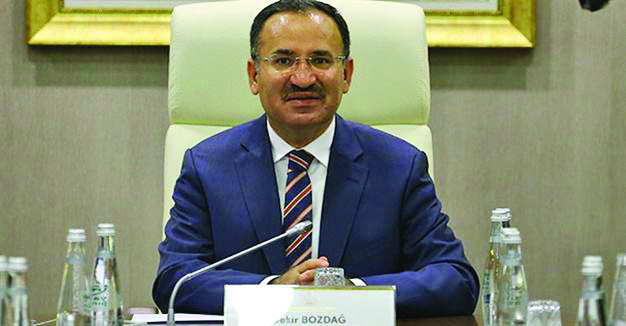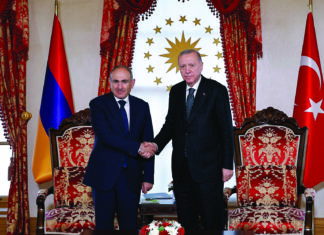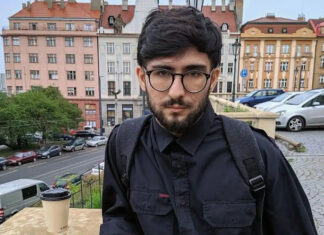By Muriel Mirak-Weissbach
Special to the Mirror-Spectator
BERLIN — Few could have imagined the depth to which relations between Germany and Turkey have sunk over the past weeks. No matter how accustomed one has become with outrageous statements issuing from Ankara, who could have predicted that Turkish President Recep Tayyip Erdogan would accuse the government of Angela Merkel of “Nazi practices”? On March 5 in a speech in Istanbul, Erdogan, addressing Berlin, said there was “no difference between your practices and the Nazi practices in the past.” He was referring to the cancellation of rooms in German towns, for political campaign speeches planned by Justice Minister Bekir Bozdag and Economics Minister Nihat Zeybekci. Bozdag had reacted with accusations of “fascist methods,” but Erdogan went the extra mile.
The reasons given for the cancellations were technical; in one case, no lease for the room had been signed in advance, in another, there were concerns that local authorities would not be able to provide adequate security on short notice for predictably large crowds as well as expected protesters. Zeybekci did end up speaking on later dates in two cities. In Leverkusen on March 5, he appeared at a cultural event commemorating the anniversary of the death of a Turkish musician, and later in Cologne, he held a political meeting, which was billed as a private affair, in a rented hall of a hotel. (See related editorial on page 17.)
Aside from such technical considerations, such as the fact that by law in the German Federal Republic, municipal authorities are responsible for deciding on whether or not to host political events in their cities, what is at issue is political. Those Turkish figures eager to speak in Germany, whether government members or not, are members of the AKP, and want to campaign among Turkish citizens living in Germany, to win their support for a “yes” vote in the upcoming referendum. The referendum, set for April 16, is to decide whether or not Turkey adopts a presidential system which would expand the powers of the president to such an extent as to establish an authoritarian one-man rule.
How Much Freedom of Speech?
The German Constitution guarantees freedom of speech, and not only for German citizens. Political campaigning even by non-Germans, has occurred; everyone remembers Barack Obama’s mass rally in Berlin in July 2008. So why should there be such a fuss about a Turkish minister or even Erdogan himself coming to whip up support for the referendum?








